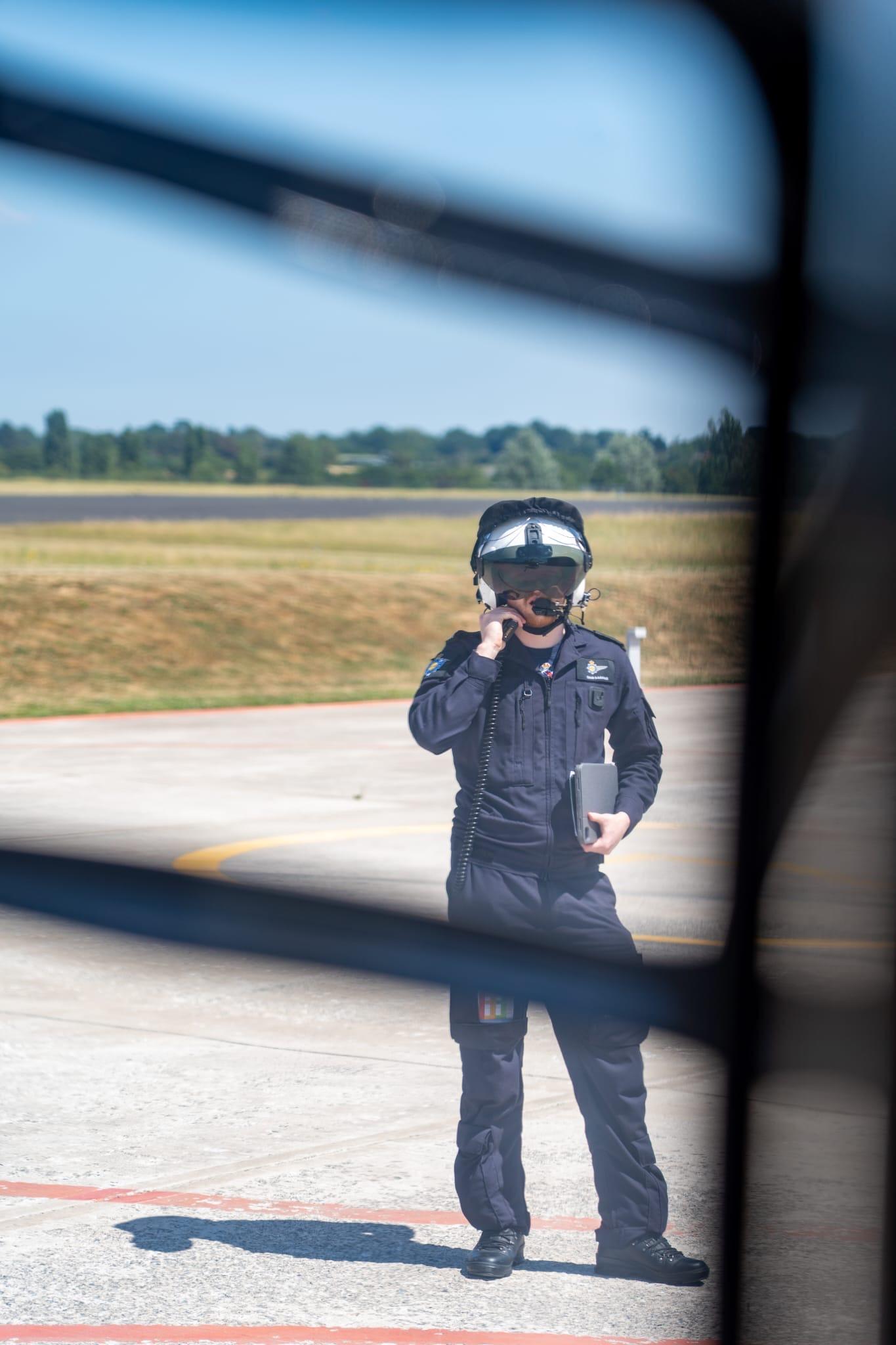ZeroAvia and Verne partner to explore CcH2 for airports and aircraft

Image courtesy ZeroAvia
ZeroAvia specialises in zero-emission aviation, focused on developing hydrogen-electric engines for all types of aircraft as the most environmentally and economically-friendly solution for the industry’s growing climate change impact. Aviation accounts for 10% of all US transportation greenhouse gas (GHG) emissions and 3% of total US GHG emissions, according to the
Verne is a hydrogen storage and refueling technology startup focused on solutions using cryo-compressed hydrogen for heavy-duty transportation. Cryo-compressed hydrogen stores gaseous hydrogen at cold temperatures, increasing the energy density of the fuel, which could enable a longer range compared to GH2 powered aircraft.
According to analysis by Verne, cryo-compressed hydrogen can achieve 40% greater usable hydrogen density than liquid hydrogen and 200% greater usable hydrogen density than 350 bar gaseous hydrogen. Additionally, the application of cryo-compressed hydrogen promises to significantly reduce the cost of densification and refueling time, increase dormancy time relative to LH2 systems and potentially eliminate venting for pressure management.
ZeroAvia and Verne will assess the potential benefits of scaling CcH2 storage and refueling infrastructure at airports across the world, as hydrogen-electric propulsion scales to support larger and larger aircraft. The two companies will also work together to develop a model for initial airport locations in California.
Verne has developed large hydrogen storage systems exhibiting 4 MWh of storage. Recently, Verne and Lawrence Livermore National Laboratory announced the demonstration of Verne’s 1 MWh CcH2 storage prototype. Verne has received federal grants for the development of its technology, including from ARPA-E. Verne is backed by Amazon’s Climate Pledge Fund, Caterpillar Venture Capital, Collaborative Fund and other leading investors. As well as rapid work to develop its propulsion technology, ZeroAvia has been active in demonstrating hydrogen airport infrastructure.
Sergey Kiselev, Chief Business Officer, ZeroAvia, said: “With our engines just a few years from flying passengers and cargo, it is important for us that we find the optimal solutions to support airport hydrogen ecosystems. Increasing storage capacity and refueling speed using novel technologies is an important avenue for scaling up hydrogen aviation and we’re delighted to work with Verne on assessing the role of cryo-compressed hydrogen.”
Ted McKlveen, Chief Executive Officer & Co-Founder, Verne, said: “Aviation is a massive potential market for Verne, as it becomes clear that hydrogen is critical to tackling the industry’s climate impact. Airports can be centres of hydrogen activity, with co-located hydrogen demand for aircraft, airport ground operations and on-road commercial transportation. Cryo-compressed hydrogen has a key role in optimising this ecosystem.”
ZeroAvia is already flight testing a prototype of its ZA600 hydrogen-electric engine aboard a Dornier 228 aircraft at its UK base (above) and is working to retrofit a prototype of its ZA2000 to a 76 seat Dash 8 400 in the US. Hydrogen-electric engines use hydrogen in fuel cells to generate electricity, which is then used to power electric motors to turn the aircraft’s propellers, with the only emission being water.













